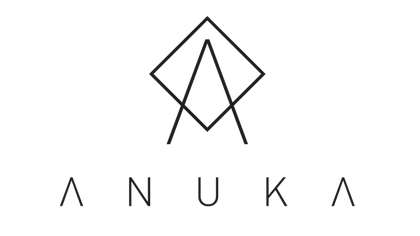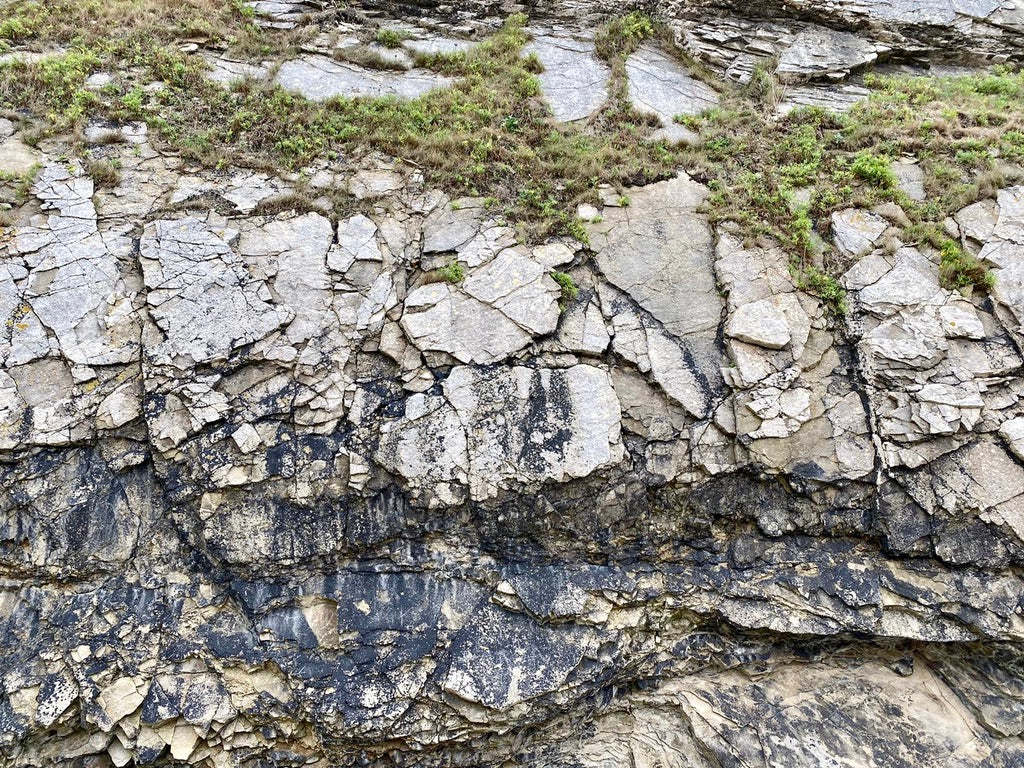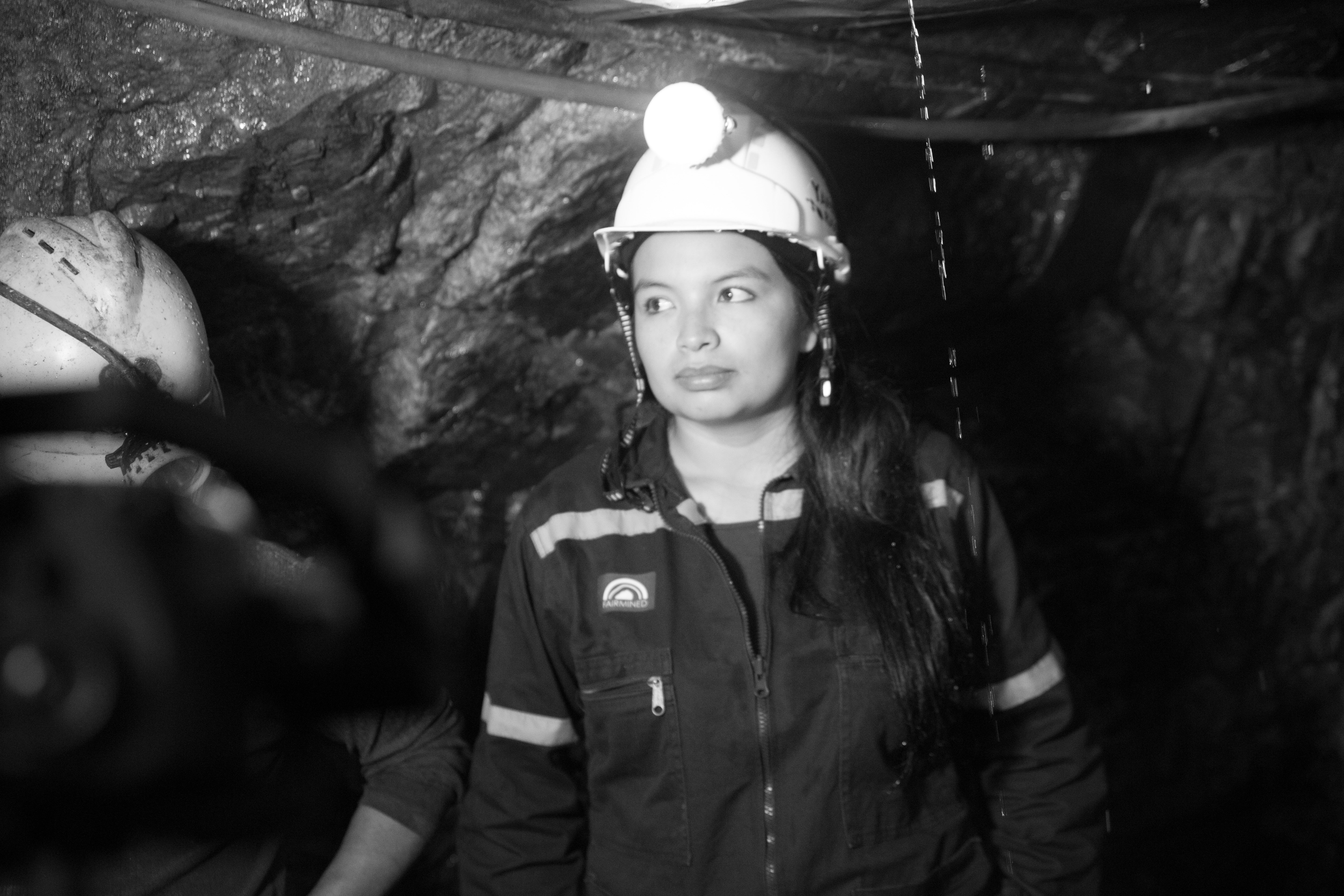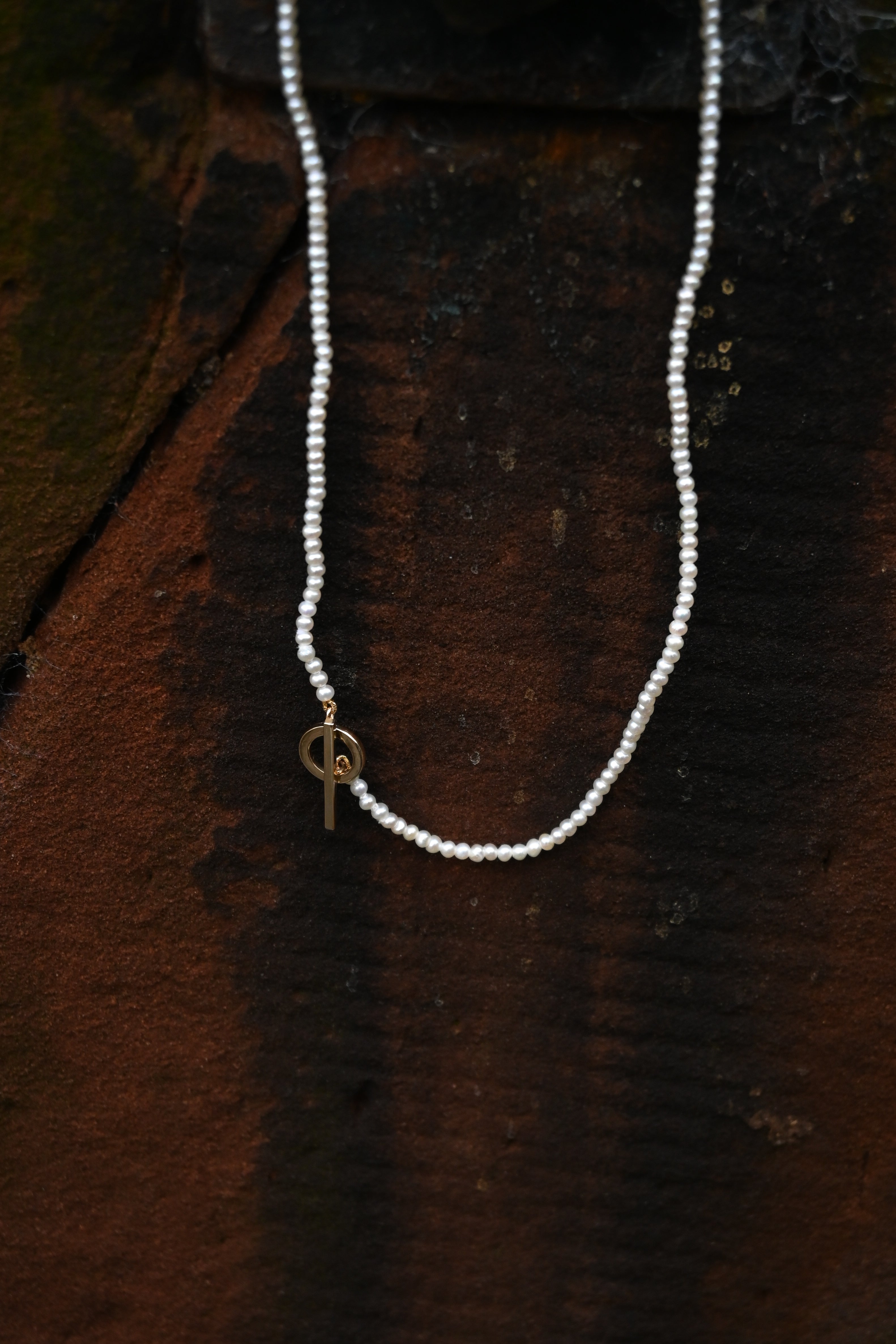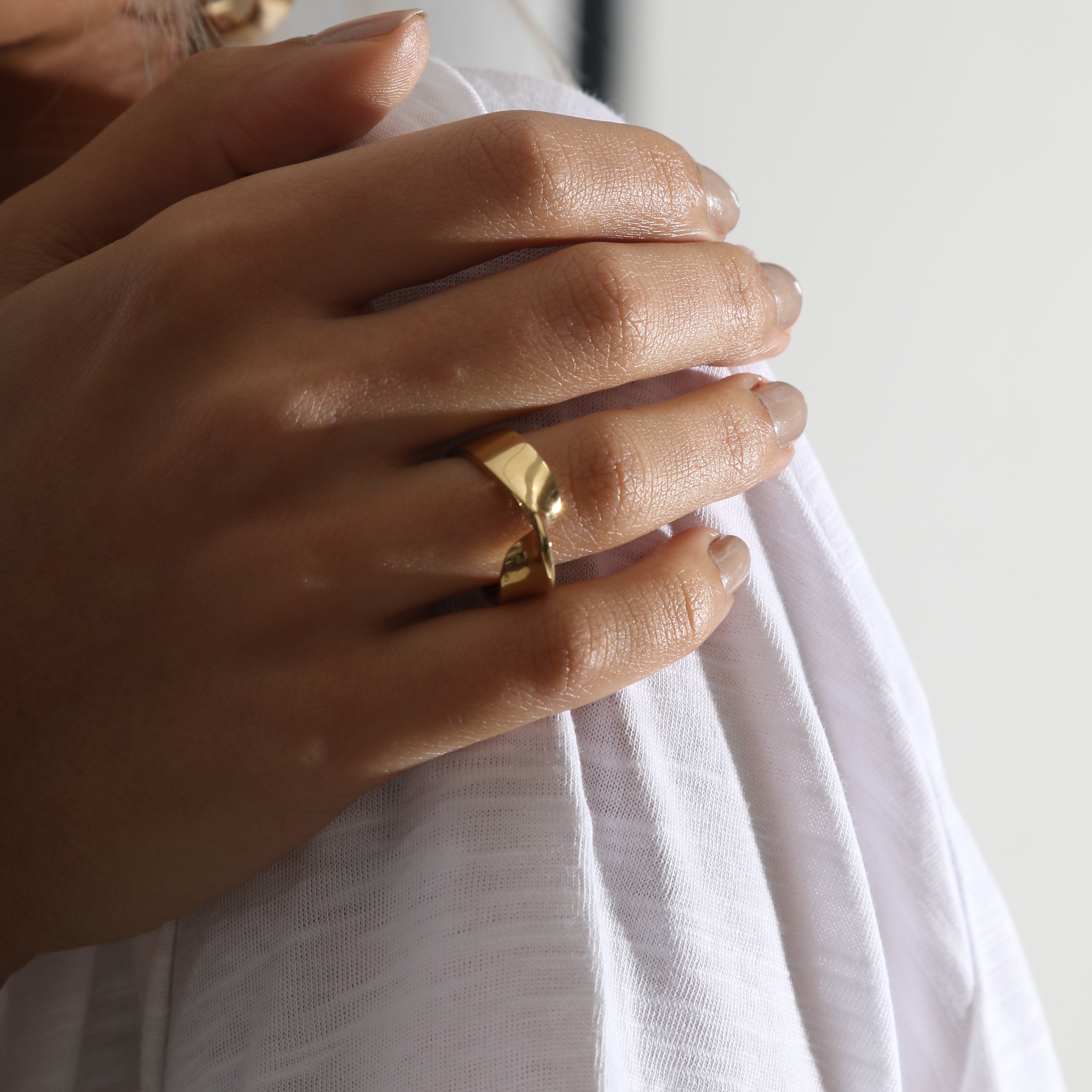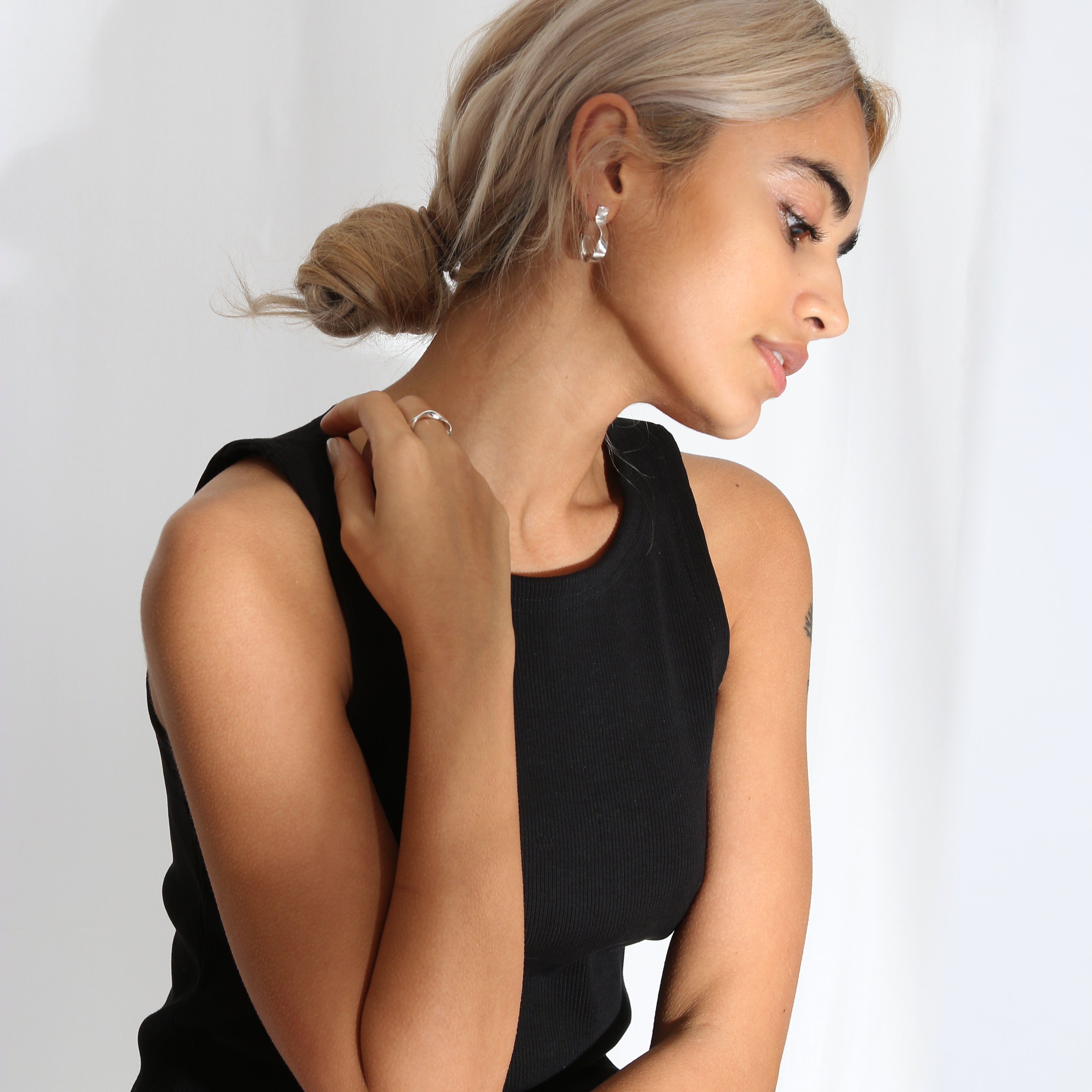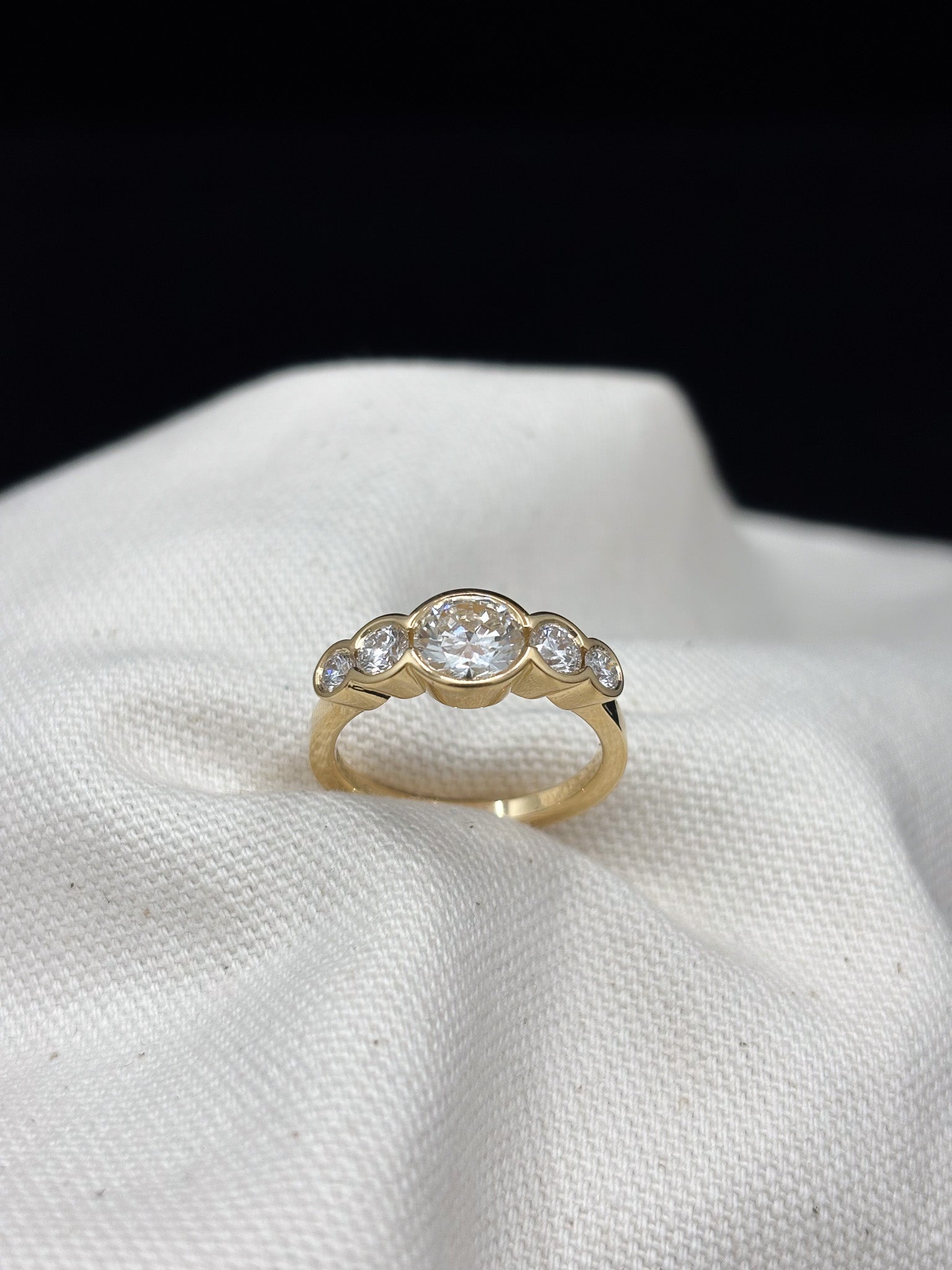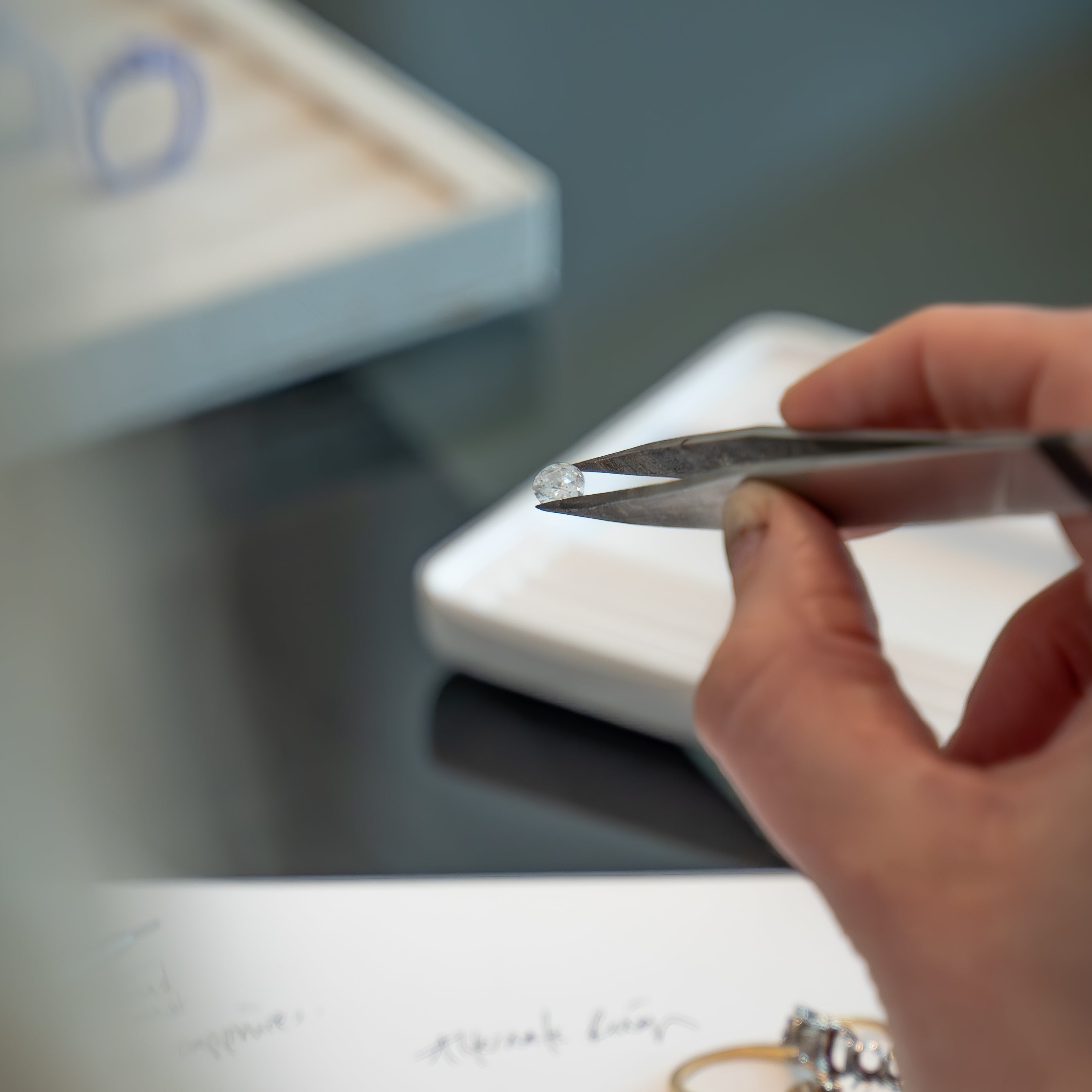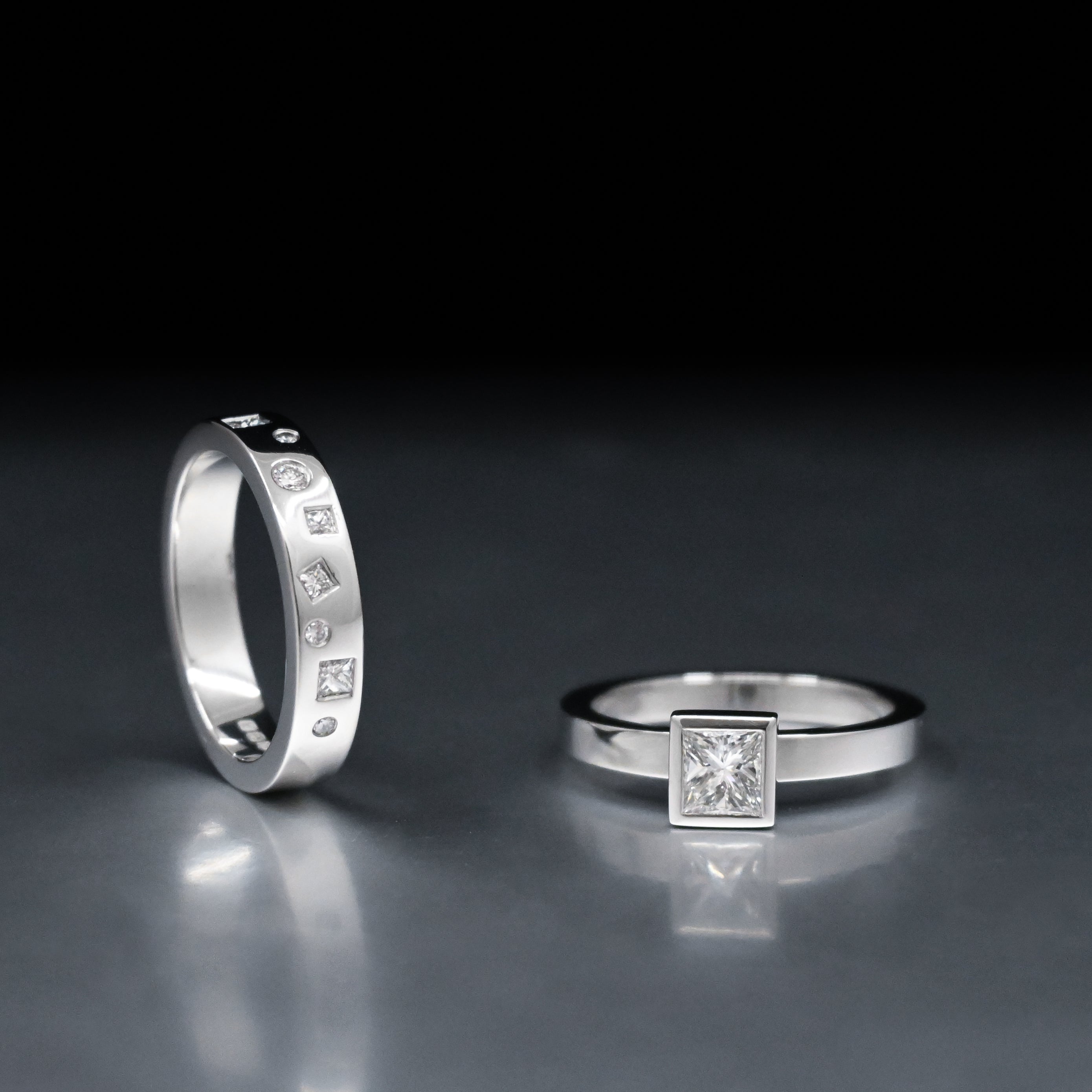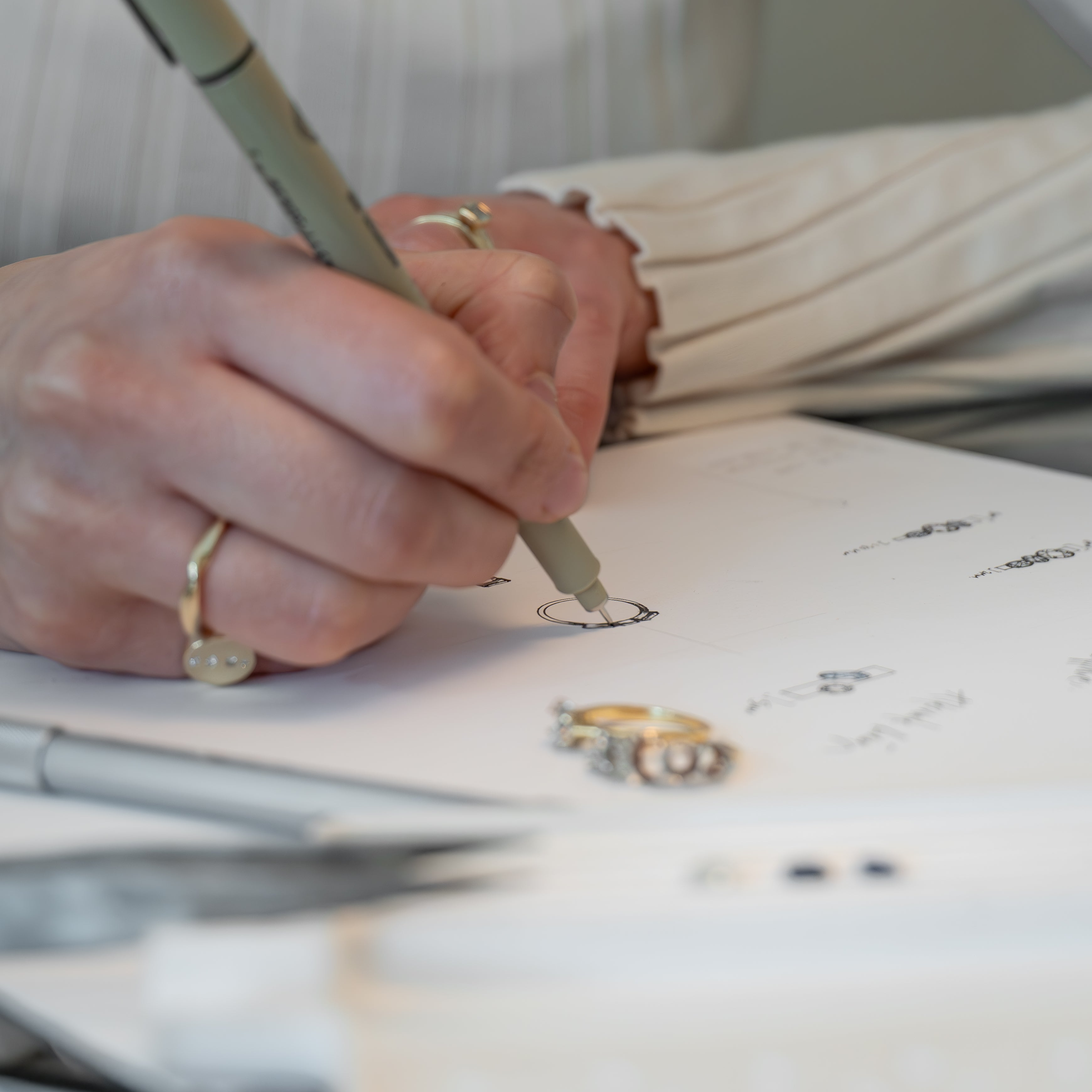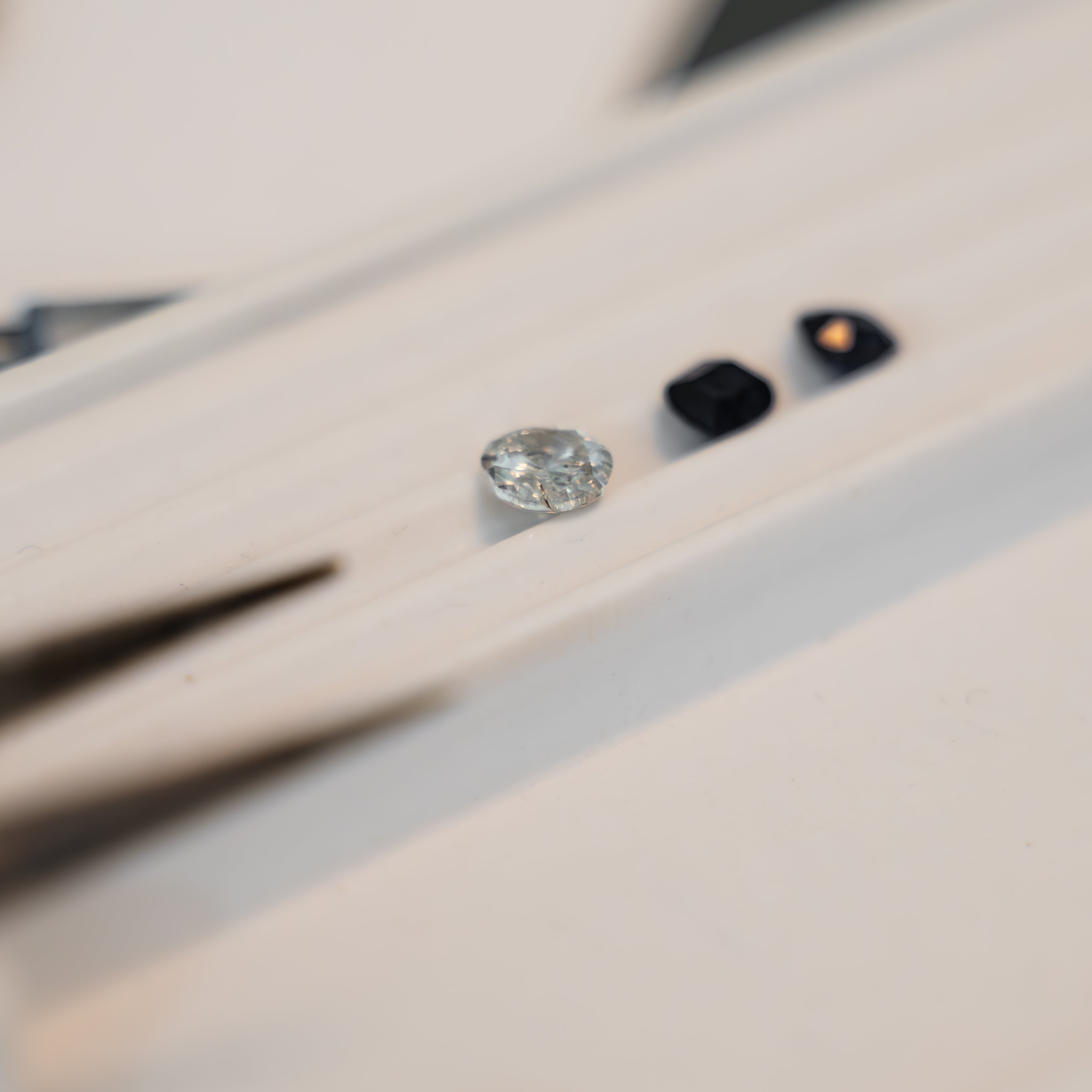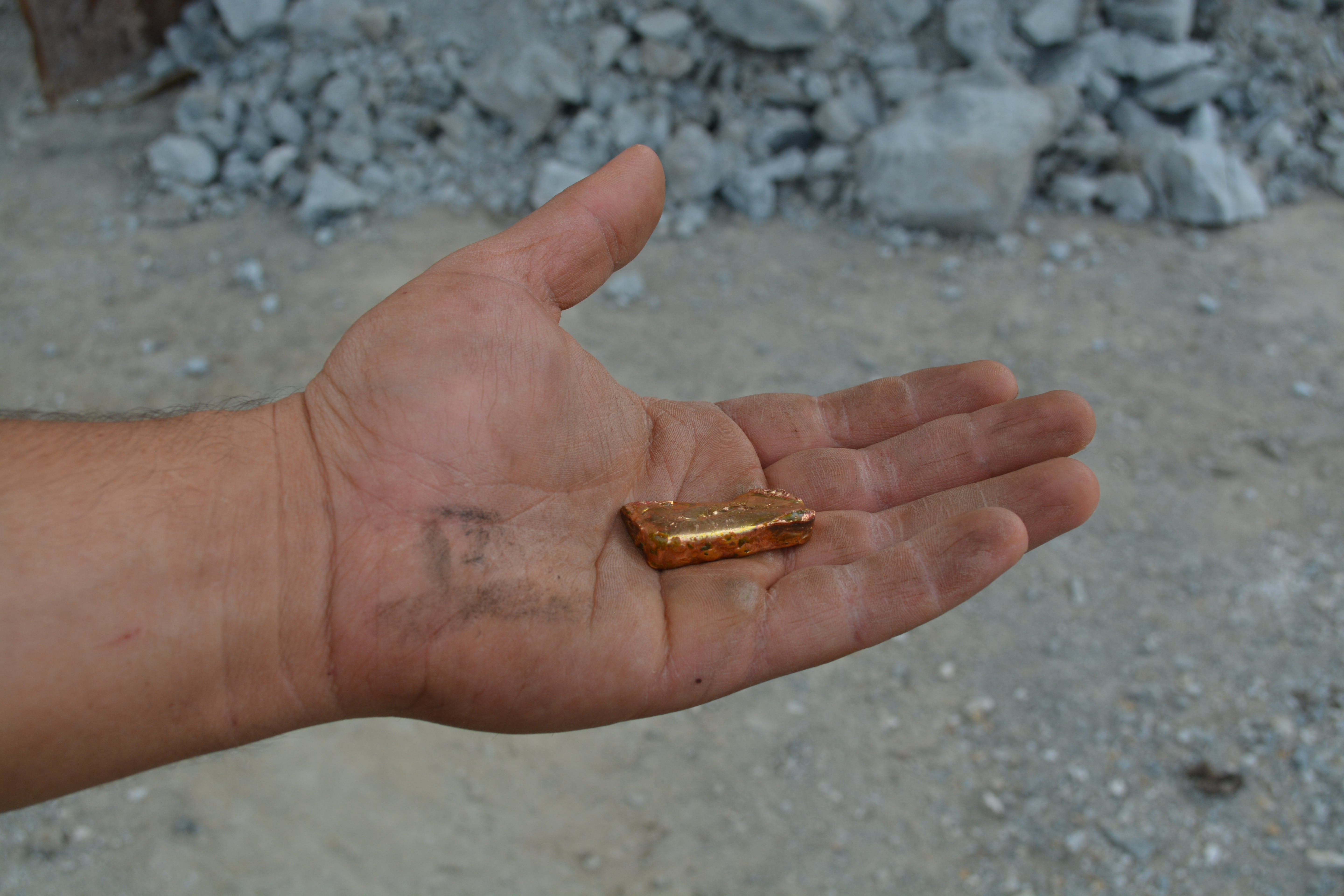What Exactly Is Ethical Jewellery?
When considering how to best define the term ‘ethical jewellery’, two things immediately came to mind. Traceability and ensuring no negative impact on the environment in which it is produced.
A huge part of what makes something ethical is how traceable it is. Ethical jewellery is jewellery that can be traced at each and every point throughout the production process. Without this, how do you know where and how your jewellery was made?
Ensuring that it leaves no negative impact on the people who are involved at each stage and the environment in which it is produced is also something you should look for when sourcing ethical jewellery.
Traceability and Transparency of Materials
There are a lot of materials that can be used to make jewellery, so let’s break it down so that you can be conscious of how to recognise if the jewellery you are looking to purchase is ethical or not.
I think it’s important as a brand to have that balance between limiting environmental impact (at ANUKA, through the use of 100% recycled silver) and also supporting the livelihoods of those who are reliant on the mining sector (at ANUKA, by making with Fairmined gold).
I make a conscious effort not to turn my back completely on newly mined precious metal because without supporting small scale artisanal miners, you’re giving space to possible human right violations, bad practise and large scale mines, which solely recycled precious metal doesn’t support.
Our Ethics
Ethical jewellery doesn’t stop at using Fairmined or Fairtrade. Our processes look to incorporate ethical production in every corner of the business. Right down to packaging. There is also a growing trend to use recycled precious metals, whether that’s old pieces that you’ve inherited, or recycled gold that’s been bought second hand and refined, it all adds to the contribution towards a better gold standard in a society where reusing what we have is paramount.
We take the core values of ethics and apply transparency and honesty in the supply chain whilst supporting the environment and social impact. Its important that this message isn’t lost and we’ve teamed up with provenance to show you how we work and who with.
